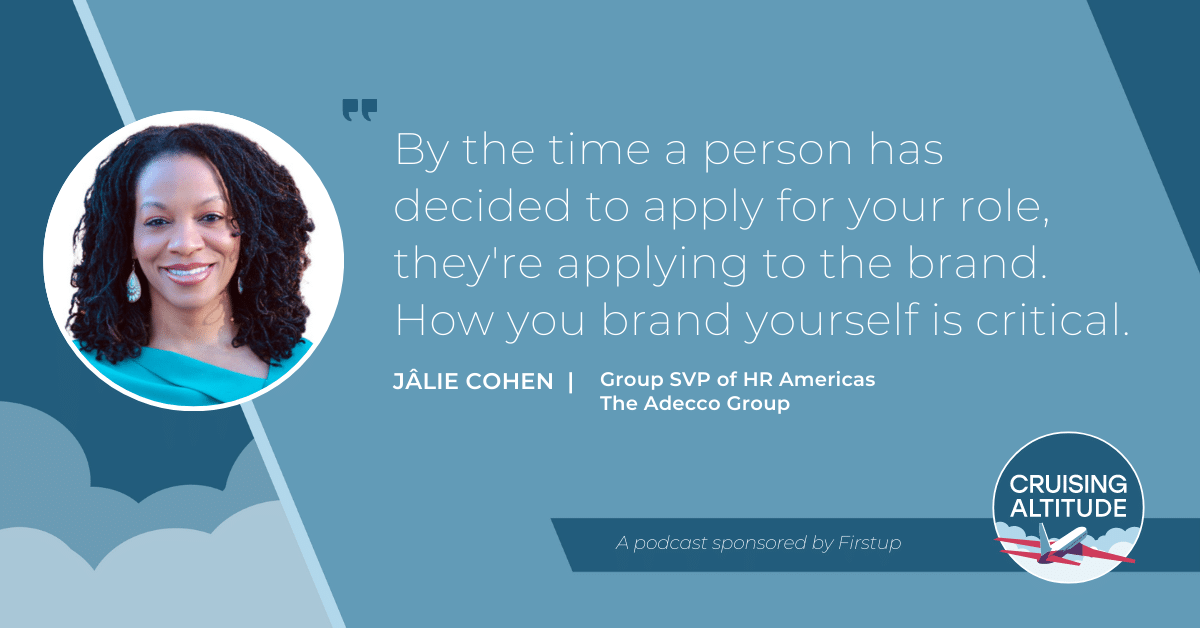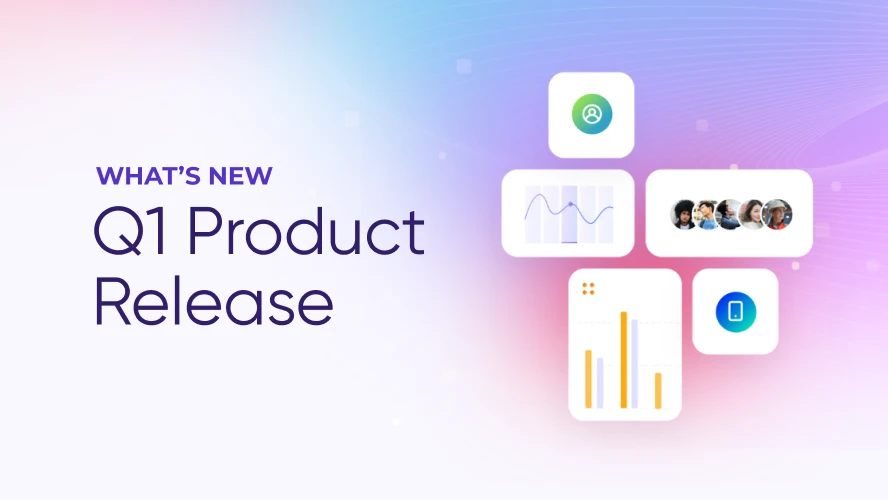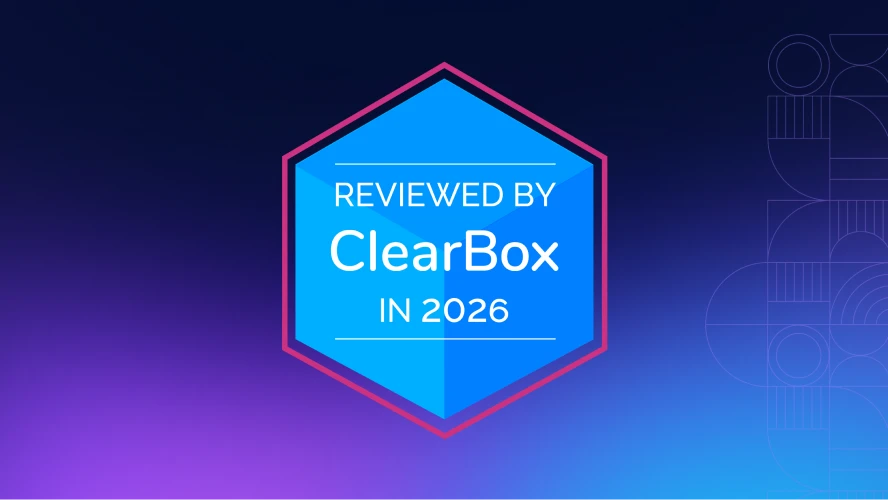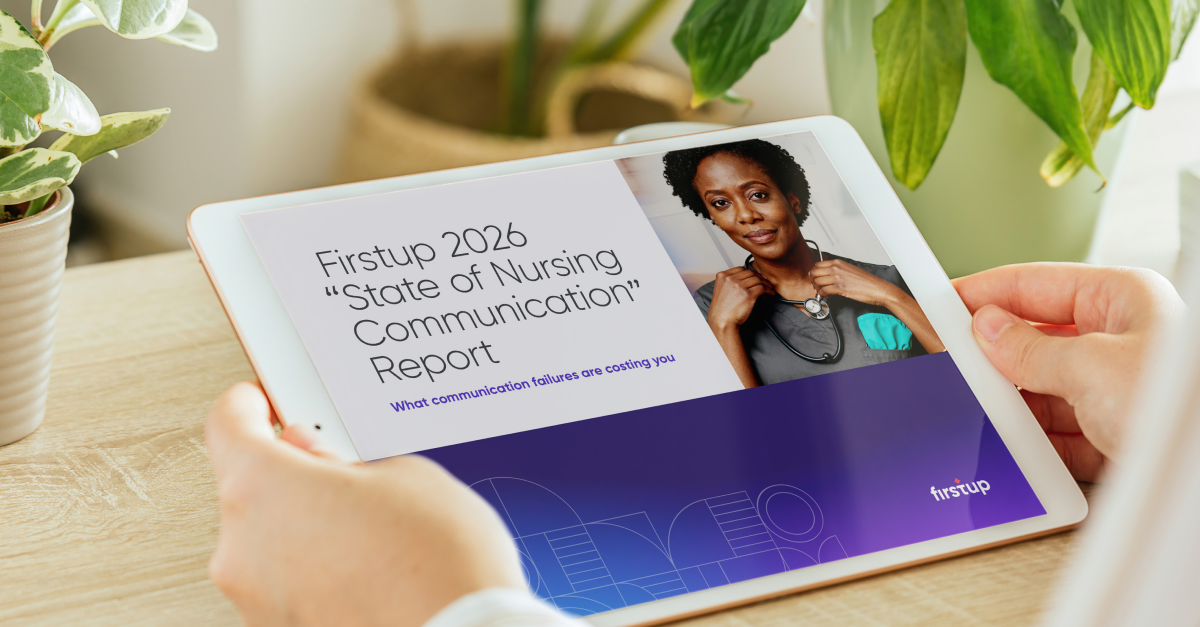”By the time a person has decided to apply for your role, they’re applying to the brand. How you brand yourself in the market is critical. Employees are not only being extremely selective, but they are deciding whether you’re aligned from a value perspective.”
Jâlie Cohen is the Group SVP of HR Americas at The Adecco Group. She leads EX for the 9,000 employees across the U.S., Canada and Latin America. In this episode, Jâlie talks about launching a new recruiting system, running a successful onboarding experience, and how the employee experience starts way before hire, with brand perception.
”Everyone owns the employee experience. Oftentimes I’ll read periodicals that really focus on what we, as HR, can do. And I think that we miss the opportunity to say how employees are also equally responsible for ensuring that they have a great employee experience as well, by leveraging the tools that they are provided, by having a self-developing focus on, ‘how can I go out and self-serve myself,’ versus waiting for people to come to me to offer an experience.”
Listen in to hear
- Ways to support diversity at work
- Resources for female leaders in the C-suite
- Tools for communicating across a matrixed organization
”When someone joins an organization, don’t forget the importance of human connectedness. It can be a small item, something as simple as a branded coffee mug and a note from you to let them know that you’re expecting them… Make sure you’re taking the time to personalize the onboarding experience. That first impression is key.”
Related posts
Subscribe via Email
Subscribe to our blog to get insights sent directly to your inbox.

Sign up to receive the latest news and resources from Firstup
Firstup delivers personalized communication and data insights to improve the employee experience at every moment that matters




